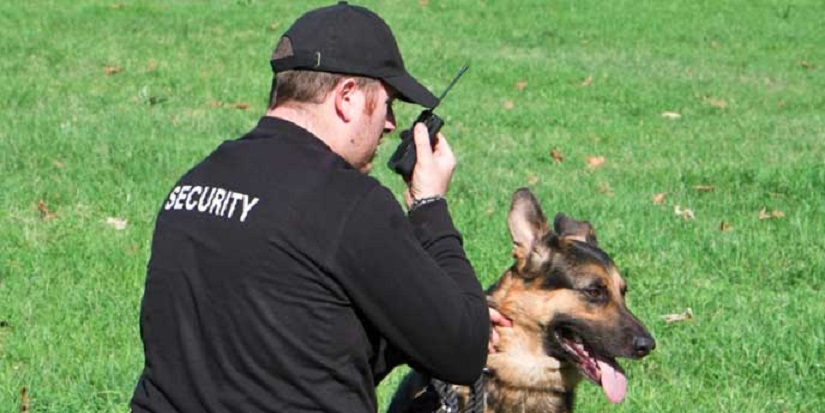
Dog behavior problems are often mishandled by dog owners. Perhaps you’re new dog ownership, considering getting a dog or wish to assist your dog with a challenging issue. Thoroughly understanding the main common dog behavior problems is the initiative to solving and preventing them. A solid foundation of army dog handler UK training will assist you in preventing or better control many of those issues. It is part of almost all dog training sessions.
Barking
Most dogs vocalize in a method or another. They’ll bark, howl, whine, and more. Excessive barking is taken into account as a behavior problem. Before you correct extreme barking, determine why your dog is vocalizing in the first place. The foremost common sorts of barking are:
· Warning or alert
· Playfulness and excitement
· Attention-seeking
· Anxiety
· Boredom
· Responding to other dogs
Learn to set extreme barking. Consider teaching the bark/quiet commands. Be patient and consistent. Address any underlying causes of barking. Dedication and a spotlight to detail can go an extended thanks to stopping a dog from barking.
Chewing
Chewing may be a natural process for all dogs. Chewing is an important activity for many dogs; it’s just a neighborhood of how they’re wired. Moreover, excessive chewing can quickly become a behavior problem if your dog causes destruction. The leading common reasons dogs chew include:
· Puppy teething
· Boredom or excess energy
· Anxiety
· Curiosity (especially puppies)
Digging
Most of the dogs will sometimes do digging; it is a matter of instinct. Certain dog breeds, like terriers, are more susceptible to exploring due to their hunting histories. Generally, most dogs dig for these reasons:
· Boredom or Excess Energy
· Anxiety or Fear
· Hunting Instinct
· Comfort-seeking (such as nesting or cooling off)
· Desire to cover possessions (like bones or toys)
· To escape or gain access to a neighborhood
If your dog likes to obtain your yard, then it can get rather frustrating. Attempt to determine the explanation for the digging, then work to minimize that source. Spend more quality time with your dog, work on extra training, and Give your dog more exercise.
Explore the best Dog Handler Skills.
Separation Anxiety
Separation anxiety is one of the main commonly discussed dog behavior problems. Manifestations include inappropriate urination, vocalization, chewing, defecation, and other sorts of destruction. It happens when a dog is separated from its owner. However, not all of those actions are the results of separation anxiety. Signs of actual separation anxiety may include:
· The dog becomes unhappy when his owner prepares to go away.
· Misbehavior occurs within the first 15-45 minutes after his owner leaves.
· The dog likes to follow the owner around constantly. Moreover, the dog tries to touch the owner whenever possible.
Actual separation anxiety requires dedicated training, behavior therapy, and desensitization exercises. Medication could also be recommended in extreme cases.
Begging
Begging may be a bad habit, but many dog owners encourage it. It will cause digestive problems and obesity. Dogs beg because they love food. However, table scraps aren’t treated, and food isn’t loved. Yes, it’s hard to resist that longing look, but giving in “just this once” creates a drag within the end of the day. Once you teach your dog that begging is permitted, you’re sending the incorrect message.
Before you sit right down to eat, tell your dog to travel to its place, preferably where it’ll not be ready to stare at you. If necessary, confine your dog to a different room. If it behaves, provide it a special treat only after you and your family are completely finished eating.
Chasing
Sometimes, a dog’s desire to chase moving things is just a display of predatory instinct. Unfortunately, many dogs will chase other animals, people, and cars. All of those can cause dangerous and devastating outcomes. While you’ll not be ready to stop your dog from trying to chase, you’ll take steps to prevent the destruction.
· Therefore, keep your dog confined or on a leash in the least times (unless directly supervised indoors).
· Train your dog to return when called.
· Have a dog whistle or noisemaker available to urge your dog’s attention.
· Stay aware and await potential triggers, like joggers.
Your best chance at success is to stay the chase from getting out of control. However, Dog handlers in the UK are very dedicated to training throughout your dog’s life. The professional dog handler will teach them to focus on you initially before running off.
